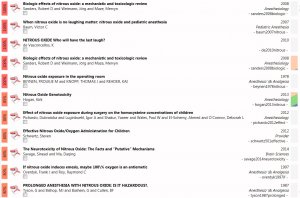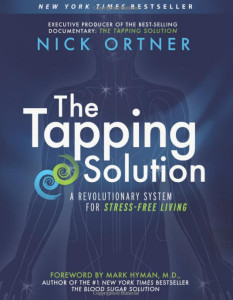Nitrous oxide during pregnancy
 You’re familiar with vitamin B12.
You’re familiar with vitamin B12.
You know how important this vitamin is.
Now imagine if something came into your body and destroyed it – flat out.
Welcome, nitrous oxide.
Nitrous oxide is a known oxidizer of cobalamin which effectively destroys it unless there are adequate nutrients available to restore the cobalamin back to its active and effective state.
What does this mean?
It means that nitrous oxide takes your vitamin B12 in your body and ruins it. It ruins it so much that it cannot do its job.
Vitamin B12’s job, as methylcobalamin, is VERY important. It sets the stage for methylation to occur – in tandem with methylfolate.
Methylfolate? What’s that.
Methylfolate is what your MTHFR enzyme makes – and if you have the MTHFR polymorphism – and don’t eat much in the way of uncooked leafy greens, then you are LOW in methylfolate as well.
Let’s simplify it.
You need vitamin B12 as ready-to-go methylcobalamin.
You need your MTHFR enzyme working so your body can make methylfolate.
 You need both methylcobalamin and methylfolate to support your methylation.
You need both methylcobalamin and methylfolate to support your methylation.
If you are lacking just one of them, your methylation cycle does not work.
Yes – there is a backup route – but the main methylation cycle shuts down significantly.
Breathing in nitrous oxide ruins your methylation.
Who is at Risk by Using Nitrous Oxide?
- Dentists. They get first to second-hand gas all day long.
- Surgeons, nurses, office staff. They get first to second-hand gas all day long.
- MTHFR folks. If you have one or more of the C667T variant or a combination of the C677T + A1298C (like me). Single A1298C does not predispose much risk; however, two A1298C variants do.
- Vitamin B12 deficient. Wow there are a lot of people in this category.
- Methylfolate deficient. MTHFR or not – you may be deficient in methylfolate for various reasons.
- Glutathione deficient. When B12 gets damaged, who do you think comes and helps it out? Right.
 Glutathione.
Glutathione. - Pretty much any chronic condition/disease. Lyme, autism, down syndrome, autoimmunity, diabetes, acid reflux, inflammatory bowel disorders, pregnancy, breast feeding mothers and so on.
Why do I Feel More Pain But I’m Relaxed?
This is an odd one but one that can be explained easily if looking at what is happening.
Dopamine is the neurotransmitter which contributes to pain – one of them – not the only one.
The high the dopamine, the more intolerant to pain one will be.
If one’s methylation is messed up by something – say, I don’t know – nitrous oxide, then their dopamine levels could increase.
Now if one’s dopamine levels were already low, they may find themselves more attentive, alert and feel great during and afterwards.
However, if one’s dopamine levels were normal to high, they will find themselves experiencing more pain, irritability and insomnia.
If a person has a MTHFR and COMT Met/Met variant, then you are really talking about increased pain from nitrous oxide.
Once again, it depends on the person.
When do I know if Nitrous Oxide was Bad for Me?
If you have had nitrous oxide in the past and you were:
- sloooow the rest of the day, it was bad.
- your mood sucked for quite some time afterwards
- you began experiencing numbness and tingling in your extremities – on both sides
- your memory began to suck or you flat out lost it (dementia set in)
- some new conditions and symptoms started popping up: fatty liver, insomnia, irritability, sadness
You might also like




|
Brady 87746 2-3/4" Width x 2-1/4" Height, B-946 High Performance Vinyl, White on Blue Medical Gas Pipe Marker, Legend "Nitrous Oxide" BISS (Brady Worldwide, Inc.)
|






 Recreational drug use is the use of a drug with the intention of creating or enhancing recreational experience. Drugs commonly considered capable of recreational use include alcohol, tobacco, caffeine, and drugs within the scope of the United Nations Single Convention on Narcotic Drugs and Convention on Psychotropic Substances...
Recreational drug use is the use of a drug with the intention of creating or enhancing recreational experience. Drugs commonly considered capable of recreational use include alcohol, tobacco, caffeine, and drugs within the scope of the United Nations Single Convention on Narcotic Drugs and Convention on Psychotropic Substances...